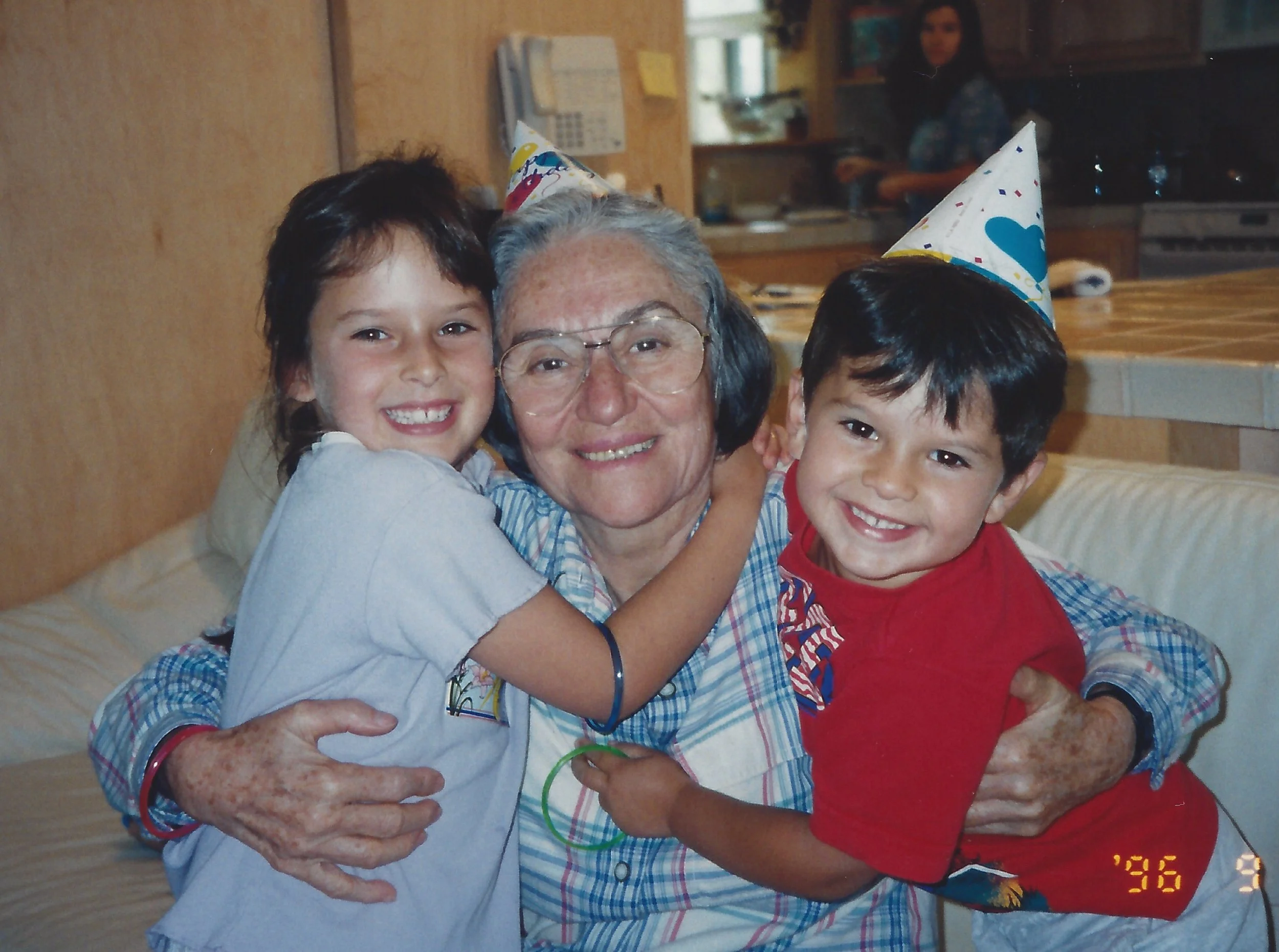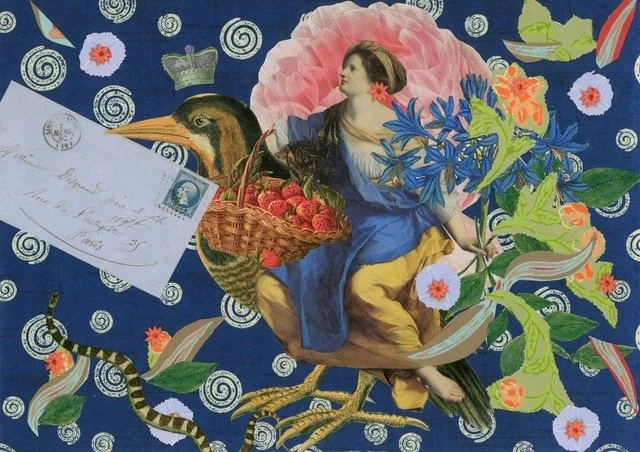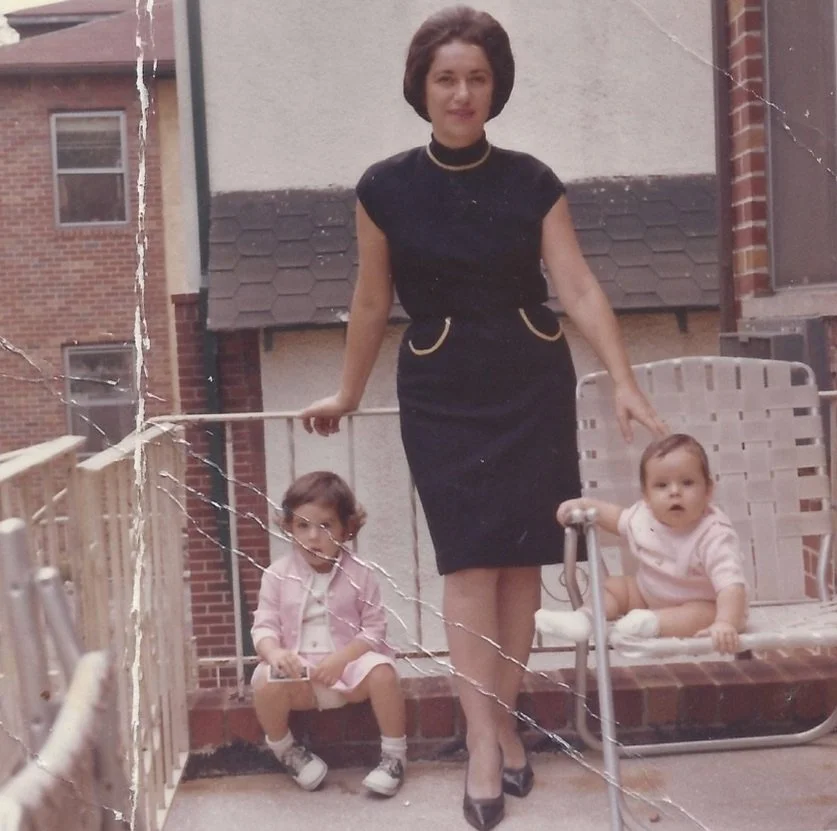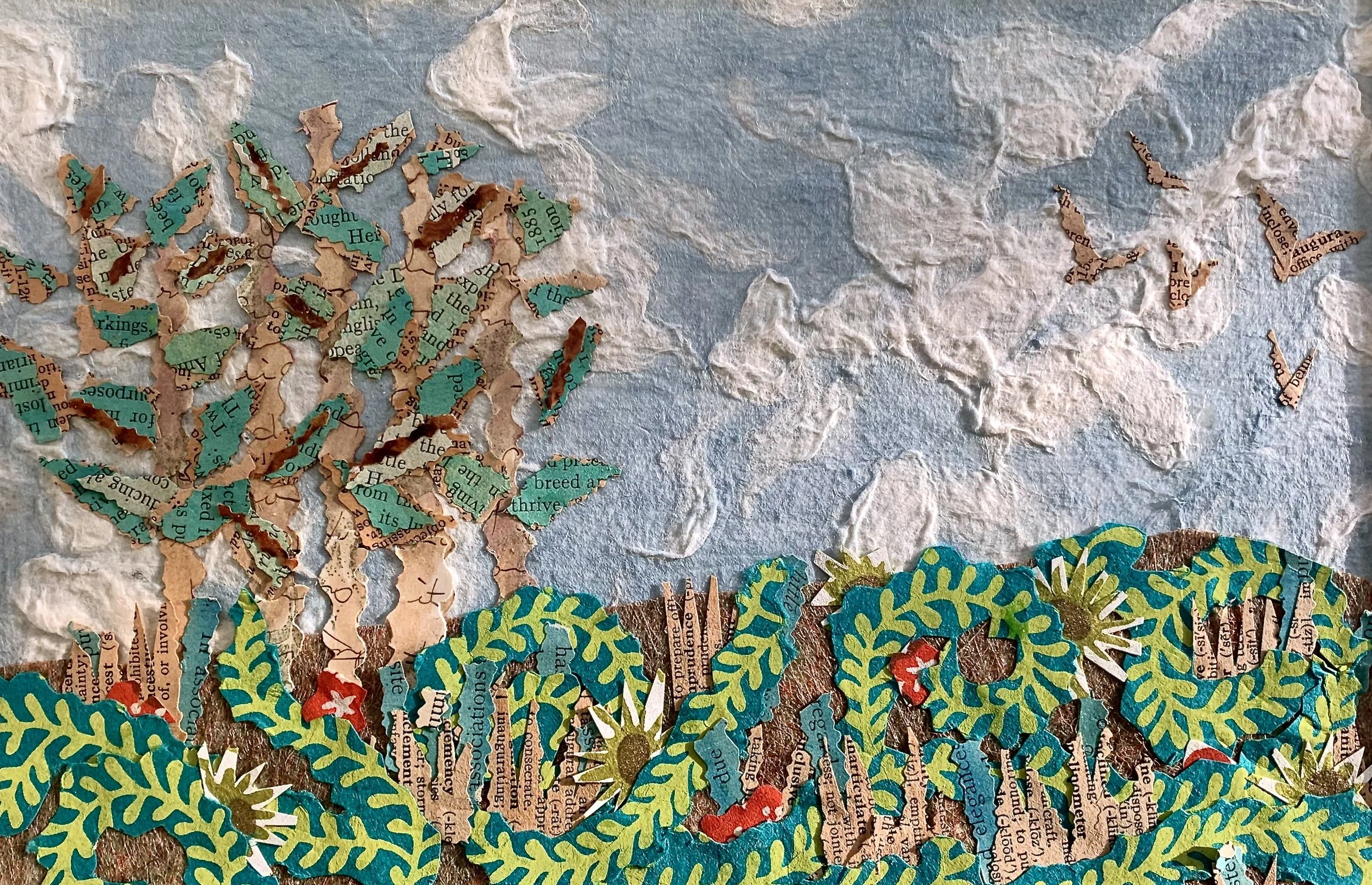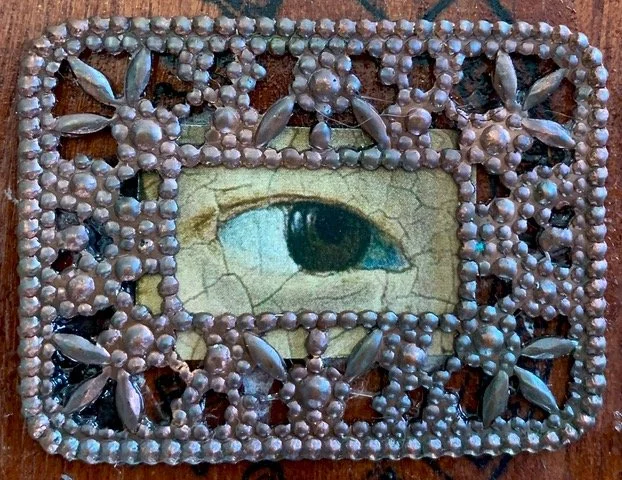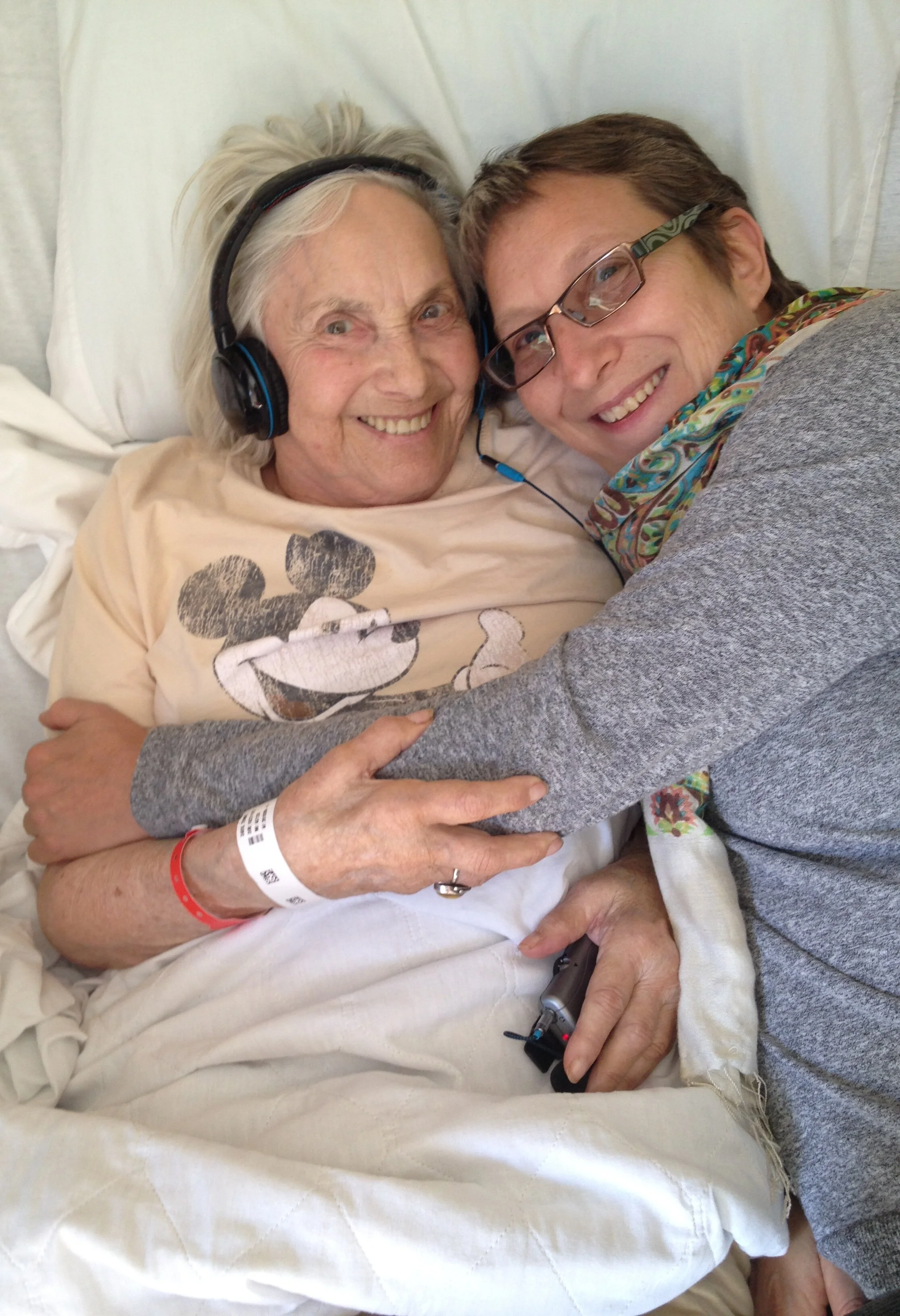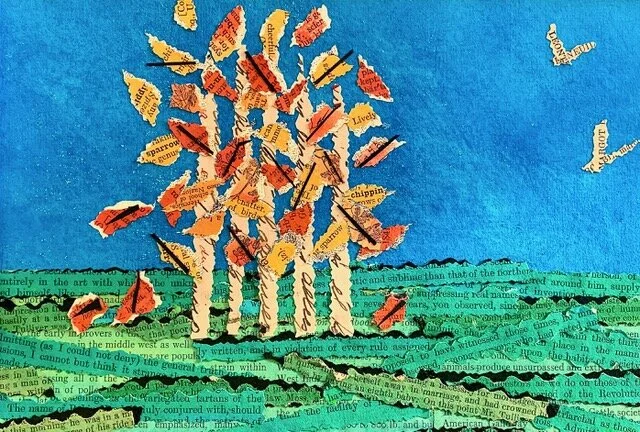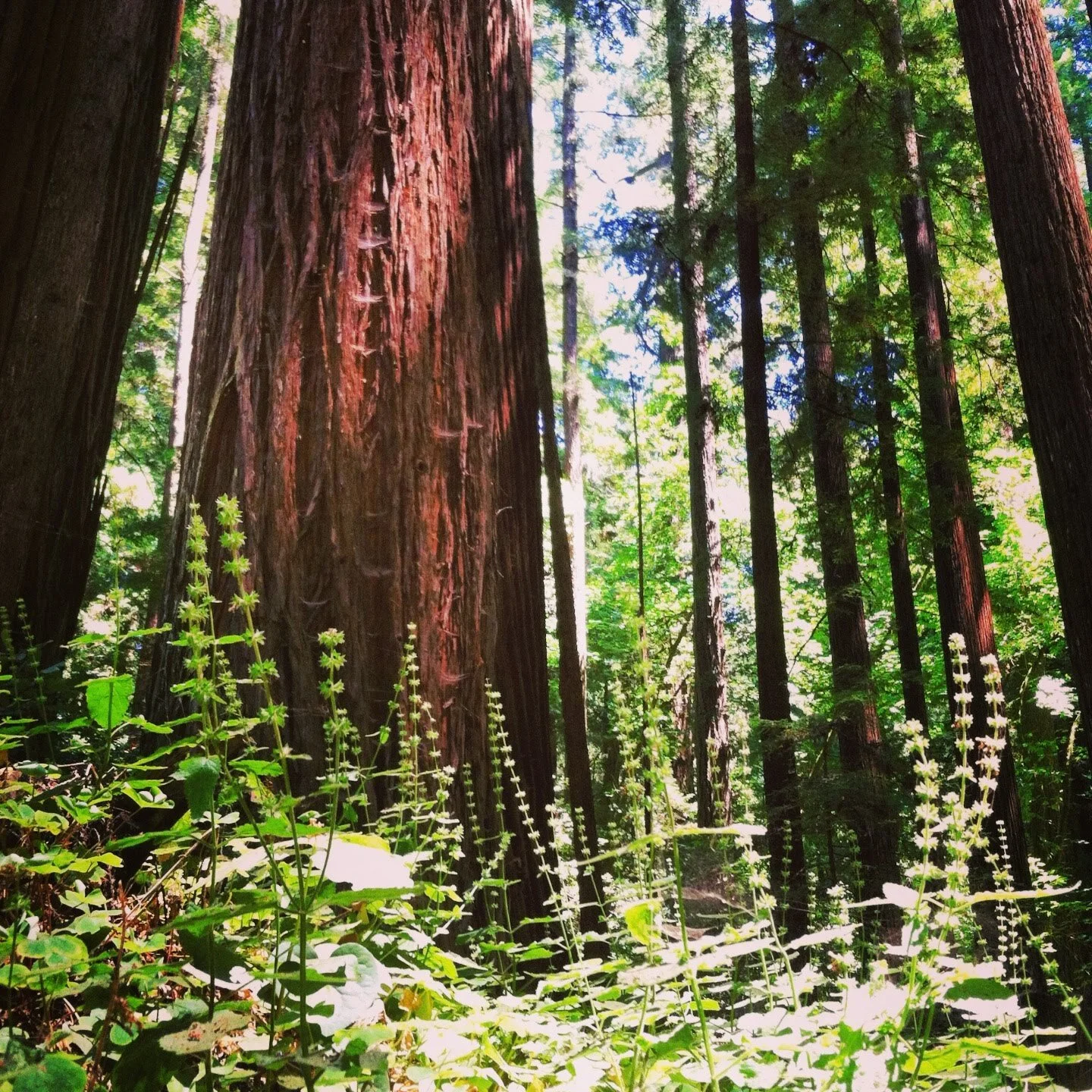Writing Practice for Self-Exploration & Healing
Created in partnership with Laura Davis
Mendek wrote, “The most important thing I have ever done is to become an explorer of my mind and heart. I got to know myself as I really am, rather than who I imagined myself to be.” Writing is a magical tool in this regard.
If you want to make a first foray into the world of writing, writing prompts are great way to start. Prompts stimulate your thoughts, memories and reactions—give you direction and an entry point—a place to begin. Having something specific to write about is a lot easier than facing a blank sheet of paper. A good example is one of Laura’s favorite prompts: “My mother’s legs…” What makes it a great prompt? If she had said, “Tell me about your mother,” that’s such a vast subject, you wouldn’t know where to begin. But writing about something specific—her legs—immediately takes you to a concrete image—and the resulting writing inevitably reveals the truth of the relationship in a way that a broader essay on the general topic of “mother” does not.
Laura teaches people to work with prompts based on the methods of Natalie Goldberg in her book, Writing Down the Bones.
Here are the basic guidelines for writing practice:
1) Use a timer. You can start with as a little as ten minutes or as long as thirty, but never stop writing until the timer goes off.
2) Write continuously for the whole time. When you are not allowed to stop, you’re forced to jump in with the very first thing that you flash on. This means you are writing from your gut, not through the filter of your planning mind or thoughts.
3) Get rid of the editor. One of the biggest mistakes that writers make is to write and edit simultaneously. The editor will inevitably censor some of your best raw, true thoughts to get things right or to be “acceptable.” Composing first drafts and editing should be two separate processes. When initially putting something on the page, don’t cross out. Don’t rewrite. Don’t worry about things like spelling, syntax, or grammar. Just write without stopping until the time is up. Go for the gut and get the raw material out. You can bring in your editorial brain later.
Laura tells people that they are free to write “the worst crap in the world.” Writing practice is not about creating a polished piece—it’s about self-expression from the deepest place. What you write as a rough draft can be shaped in lots of ways later on, but when you’re first trying to get the raw material out, don’t edit. Just let it fly, let it flow.
Insider Tips:
1) It can be helpful to return to the prompt at the start of each new sentence or paragraph, or whenever the words are slowing down (see Myra’s samples below)
2) If you get stuck or don’t feel like your subconscious is ponying up the truth, try one of Laura’s tricks. Insert the following words into your piece:
“Here’s the part I never told anyone before…”
“Here’s the real truth…”
“Who am I kidding anyway?”
3) Laura generally recommends that people begin writing by hand in a notebook, because computers are associated with our work, email and social media. In her personal experience, the voice that comes out when she writes by hand is more vulnerable and raw (because we learn to write at a young age). Experiment for yourself and see how writing by hand or on a computer impacts the content and intensity of your writing. If you ultimately choose to compose on a computer, it’s essential that you turn off your Wi-Fi and any notifications. Never multitask when you’re doing this kind of writing.
Signing up for Laura Davis’s Tuesday prompts will give you something great and inspiring to write about every week, and tons are archived on her website.
Myra shares two of her free writes about her father from early 2013 (soon after he died), that ended up helping her tremendously when writing Quest for Eternal Sunshine years later.
Prompt: My father’s hands…
My father’s hands were beautiful. Maybe not by hand model standards. The ring finger on one hand was very bent. As his Alzheimer’s progressed, he didn’t remember that he’d had a bent finger for decades. He would look at it and wonder why it wouldn’t straighten out.
My father’s hands were warm and soft. Even as his body broke down and blood pooled in his urine and he wore diapers, when you held his hand you felt his love. You felt his warmth, his life, his gentleness.
My father’s hands meant the world to my mom. He was her only friend in a world she distrusted. Her only ally. As he lost his mind slowly, year by year to his disease, she always had his hands. She said when she held his hands, she felt supported. She got strength. She could imagine making it through another day.
My father’s hands have done so much. With those hands, he was a painter. Wild paintings that must have been from a past life in Africa. Some of Jewish men. Many geometric shapes. Interesting paintings and he was color blind.
My father’s hands wrote me cards in college that I forgot about until I found the box after he died. My father’s hands typed books that he published about how to heal a broken heart, a terrorized mind, a scared, lonely child. His hands wrote poems about light and love and goodness. How to be “big” and not “small.”
My father’s hands had to always be busy. When he retired to Carmel, he created a magical garden of stones and big gems. On our farm, he built a tractor shed and posts for our raspberries. And he built us berry pickers for raspberry picking: plastic plant containers with a hanger bent just so. A part fit in your waist belt and the basket rocked but it always hung straight up while you picked. Kneeling or standing, however you changed your position, the raspberries never tipped out.
My father’s hands tucked me in at night. Never my mother’s. He sang “Good Night Irene” and told me not to be afraid. I still was afraid every night. There were so many break-ins in our neighborhood in Brooklyn. Our house, too. I was terrified every night.
My father’s hands swept the floor in his factory every evening. He was the boss, but he was always humble. He wouldn’t let himself get tan on vacation because he didn’t want his workers to know he’d been vacationing while they kept working. My mom says he swept the floor because he liked it and also not to give someone else that job.
My father’s hands continued to sweep until about a year before he died. It was the last productive thing he could do. He loved his broom. He loved being productive. Making things. Making everything better. Everything that was made. Every life lived.
My father’s hands were held by me and my mom as he died on September 16, 2012. We held his hands and each others in a circle of love and appreciation. A circle of sadness, and joy for his pain ending and his reuniting with his family. He really was an angel on earth. No one can ever remember him saying a hurtful word to anyone.
My dad’s hands figured out so many things. They played with my children. They drove a car, often badly. He got lost all the time. He ran red lights when there was no one waiting. He saw no reason to wait. The light was red to direct traffic. When the red light wasn’t needed, why stop at it? He followed rules, but he made many on his own. He followed the path that made the most sense. He was a pragmatist.
My father’s hands were warm and wise. His age spots delicate. He was a gentle man. He was quiet. His impact was huge, but he was easy to overlook. I wish I could hold his hand right now.
Prompt: My father never met a lock he couldn’t open
My father never met a lock he couldn’t open. That was one of the last stories he could remember. I imagine him as a little boy with peyos in his little town in Poland, walking the village streets to the home of the client that needed a lock opened. My father claimed he could open any lock with a special key he invented. He was only seven or eight. He remembers people being mad at his dad for sending a little boy. But he surprised them all because he never met a lock he couldn’t open.
My father never met a lock he couldn’t open. My mom said even as his Alzheimer’s had progressed to not knowing where he was or who he was, and she had to lock doors and cabinets for his safety, he could pick any lock with a fork. She could never replicate his technique. He told her to hold the fork sideways, not straight on.
My father never met a lock he couldn’t open. He looked at every problem that way. Locks could be in the open or closed position. One does not accept being locked out just because a lock is closed. Everything my father observed wasn’t a finality. It wasn’t “the way things are done” but a starting point for improvement. My mom told me that my father’s first job in the jewelry world was a place they made rings and he figured out how to make those better. Always better.
My father never met a lock he couldn’t open. All our friends and family would be put to work when they visited our farm in the old days. First, it was berry picking. Everyone picked when the berries were ripe. So did my dad. But as soon as he learned the process, he figured out how to make it much, much better. His berry picker was amazing. We could never go back to our old method. Now when my husband Drew picks our few rows of berries, he sticks the handles of our plastic four-cup measuring cup in his waistband. It works, but not as well as my dad’s invention. Drew’s cup tilts with him so he can only fill it halfway. I wish I had saved the old pickers my dad made. They would still get so much use here every summer and fall.
My father never met a lock he couldn’t open. I see now he did it with infinite love, commitment and patience. When he’d chew and chew and chew on a problem, it wasn’t with frustration. It was in pursuit of the vision. The key. The magical solution the rest of us couldn’t see and couldn’t imagine. Everything was possible with my dad. I see some things now, deep things, that he laid the foundation for in his life. What would have happened to our little business if my dad hadn’t retired just when we were starting? If he wasn’t in Carmel trying to fill his time? He could never be idle. I can’t imagine Earthbound Farm would be here today. We became his project. In his mind, there was no question that we could succeed in our never-before-tried endeavor. He always believed in infinite possibilities rather than accepting limitations.



